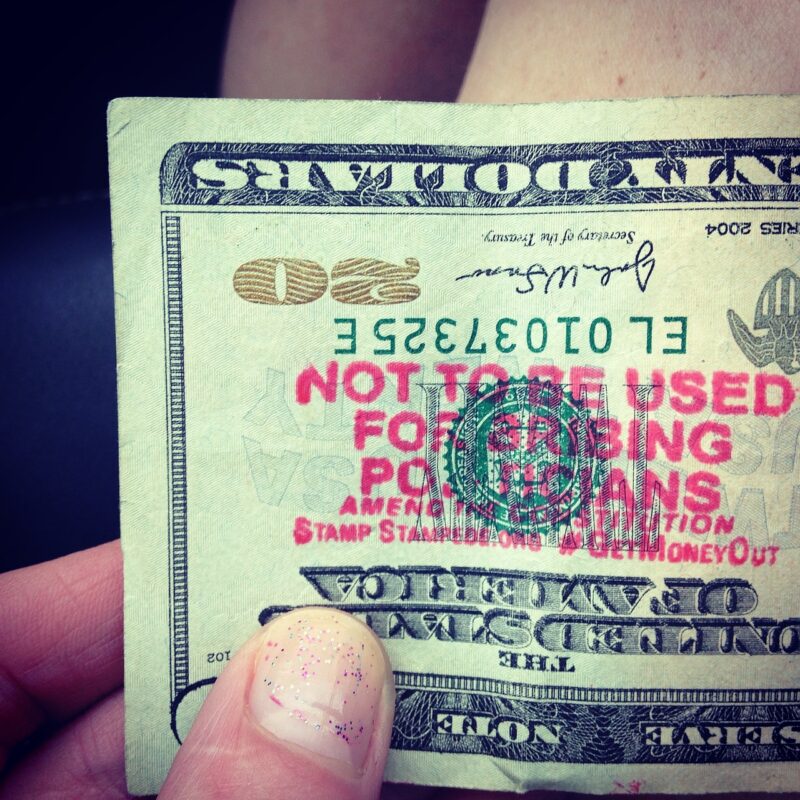The Role of the Mafia in the Shadowy World of Political Power and Influence
November 17, 2024

In the tangled web of politics, few alliances are as perilous and intriguing as the connections between organized crime syndicates and political power. The Mafia, in its various incarnations across the globe, has often operated not just within the shadows of society but also within the very frameworks of political influence. Understanding this relationship sheds light on the darker corridors of power that shape governmental decisions, social policies, and the very fabric of society itself.
The Historical Context of the Mafia’s Influence
The history of the Mafia’s entanglement with politics stretches back to the late 19th and early 20th centuries. In America, the Sicilian Mafia began its significant interaction with politicians during the Prohibition era, when the illegal trade of alcohol became a multi-billion-dollar industry. Political figures often turned to mobsters for support and financial backing, leading to corruption that deeply rooted organized crime in the political landscape.
The notorious Capone family mastered the art of manipulating political figures, demonstrating how a thin veil of influence could lead to significant power. Similarly, in Italy, the historical connection between the Sicilian Mafia, known as Cosa Nostra, and political leaders is emblematic of the struggle between government authority and organized crime.
Methods of Influence: Bribes, Intimidation, and Control
Mafia influence on political systems operates through various methods, often tailoring strategies to best suit their needs and the weaknesses of their targets.
Bribery and Corruption
Bribery has long been a staple method for the Mafia to achieve their desired political outcomes. By offering financial incentives to politicians, they can gain favorable legislation that allows their operations to flourish without interference. Politicians, facing budget deficits or election costs, might find it tempting to accept money from organized crime leaders, further intertwining their fates.
Intimidation Tactics
Intimidation is another formidable weapon in the Mafia’s arsenal. Through threats or acts of violence, organized crime can compel compliance from politicians or their aides. Fear of repercussions drives many political figures to cooperate with the Mafia, often at great moral expense. High-profile mob hits are reminders that dissent is not tolerated in this brutal realm.
Establishing Control Over Economic Resources
Beyond direct interaction, the Mafia often secures their influence through economic control. By establishing monopolies over particular industries, such as waste management or construction, they can effectively pressure local governments to conform to their demands. When politicians depend on these industries for economic support, they find themselves in a precarious position, often compromising their ethical standards to preserve their political legacies.
Case Studies: Political Corruption and Organized Crime
Several high-profile cases highlight the insidious relationship between organized crime and politics, demonstrating that this phenomenon is not confined by country or culture.
Chicago: The Capone Era
During the 1920s, Chicago became the epicenter of Mafia influence in the United States. Al Capone, often regarded as the archetype of the gangster, cultivated relationships with local politicians, securing protection for his illegal activities in exchange for votes and support. The corruption extended to law enforcement, creating a powerful alliance that would challenge the very essence of law and order in the city.
Italy: Cosa Nostra and Political Maneuvering
In Italy, the Mafia’s involvement in politics has been staggering. The secretive nature of Cosa Nostra allowed its members to infiltrate political circles covertly. Figures like Giulio Andreotti, a prominent Italian politician, faced allegations of colluding with the Mafia, weaving a complex story of political patronage and organized crime that continues to haunt the Italian political landscape.
Russia: The Oligarchs and Corruption
Post-Soviet Russia saw a rise in oligarchs who operated with a Mafia-like mentality. These business magnates often forged alliances with political figures, creating a new class of power brokers. By financing campaigns or providing protection, they could dictate policies in their favor. The interplay between money and politics in Russia often reflects characteristics similar to historic Mafia dynamics.
Impact on Society and Governance
The implications of Mafia influence on politics stretch beyond mere corruption; they result in systemic issues that can cripple effective governance.
Erosion of Trust
When citizens witness elected officials engaging in corrupt practices, it erodes public trust in the political system. Trust is essential for effective governance, and when corruption becomes rampant, it leads to apathy among voters and can foster a culture of cynicism towards government.
Impaired Economic Development
Areas under significant Mafia influence often experience stunted economic growth. Corruption leads to misallocation of resources, where public funds are siphoned away or mismanaged due to organized crime interference. This can deter legitimate business investments, leading to further economic decline.
Combatting Mafia Influence in Politics
To mitigate Mafia influence in politics, several strategies can be employed by governments and institutions:
Strengthening Anti-Corruption Measures
Implementing robust anti-corruption laws and independent oversight bodies can help combat organized crime’s influence. Transparency in governance and stringent repercussions for violations can deter corrupt practices.
Community Engagement and Education
Fostering a culture of integrity through education and community involvement can equip citizens with the knowledge to resist manipulation. When individuals are educated about their rights and the implications of corruption, they are better prepared to challenge the status quo.
Conclusion: A Continuous Struggle
The relationship between the Mafia and political power is one marked by complexity and danger. While systematic efforts can mitigate their influence, the allure of power, money, and protection will likely continue to tempt some politicians. Therefore, understanding this dark underbelly of politics is essential for future governance, demanding transparency, vigilance, and steadfast commitment to uphold the integrity of democratic institutions.
Through awareness and collective action, society can persevere in its struggle against these hidden influences threatening the democratic fabric. The fight is ongoing; however, the stories of resistance and change illuminate the path to reclaiming lost political integrity.







